2025 Federal Election
Two Canadian police unions endorse Pierre Poilievre for PM

From LifeSiteNews
The Durham, Ontario, Regional Police Association announced that it is ‘proud to endorse’ Poilievre, only days after the Peel, Ontario, Regional Police Association also endorsed him.
Two large Canadian police unions are backing Conservative Party of Canada (CPC) leader Pierre Poilievre for prime minister, citing his promises to reform Canada’s bail system and to “hold criminals accountable” for their crimes.
The Durham, Ontario, Regional Police Association, (DRPA) which represents close to 1,000 police officers, on Monday said it was “proud to endorse” Poilievre in the upcoming federal election.
“Mr. Poilievre and the Conservative Party of Canada recognize the voice and importance of Police Associations and are committed to ensuring our Officers and those across Canada have the necessary resources to police communities safely and effectively,” noted the association’s president, Andrew Tummonds, on X Monday.
The DRPA said it recognizes Poilievre’s pledge to get serious about crime in Canada, which has skyrocketed over the past decade under Liberal Party soft crime policies.
Tummonds said the DRPA likes Poilievre’s proposed policies on “changes to bail reform, repeat violent offenders” as well as to stop the flow of “illegal handguns, drug trafficking and most importantly hold criminals accountable.”
“His commitment to public safety aligns with the needs of Officers and Police Associations across the country. It is imperative that we protect our communities with legislation that does not limit the effectiveness of the great work done by Officers daily,” noted Tummonds.
“Every day our heroes in uniform and those working behind the scenes work to ensure the communities Canadians call home remain free from violent crime.”
Tummonds noted how the reality in Canada is that there “is a need to take crime seriously.”
“It is our belief that the Pierre Poilievre and the Conservative Party of Canada are the best equipped to achieve this,” he added.
The DRPA’s backing of Poilievre comes only days after Peel, Ontario, Regional Police Association endorsed Poilievre, citing similar reasons for his promise to get tough on criminals.
Poilievre has promised to “repeal catch-and-release Liberal policies, put our heroes in uniform first, and restore safe streets — for a CHANGE.”
He has consistently called for Canada’s lax drug laws enacted under former Prime Minister Justin Trudeau’s Liberal government to be changed. He has also promised to overall Canada’s current bail laws, which were weakened under Trudeau.
2025 Federal Election
NDP’s collapse rightly cost them official party status

This article supplied by Troy Media.
 By Michael Taube
By Michael Taube
Official party status requires 12 seats. The NDP got seven. End of story
Rules are rules.
That, in a nutshell, is why the NDP wasn’t granted official party status in the House of Commons on Monday. Prime Minister Mark Carney and the
Liberals, to their credit, made the right decision.
Let’s examine why.
The 1963 Senate and House of Commons Act passed an amendment that gave an annual allowance to party leaders other than the prime minister and
leader of the Opposition. In doing so, the Canadian government had to establish what constitutes a “political party.” The definition they came up with was a sensible one: it had to have a “recognized membership of 12 or more persons in the House of Commons.”
This important amendment is still used today.
The NDP fell from 24 to a paltry seven seats in last month’s federal election. (There are a total of 343 seats in the House of Commons.) They finished with 1,234,673 votes, or 6.29 per cent, which was behind the Liberals, Conservatives and Bloc Québécois. Party leader Jagmeet Singh, who had represented the former Burnaby South riding since 2019, finished a distant third in the newly created Burnaby Central riding and resigned.
The NDP’s seven seats is well below the 12-seat requirement needed for official party status. This means Canada’s socialist alternative won’t be able to ask questions in the House of Commons and will lose out on money for research purposes.
Or, to put it another way, they’re plumb out of luck.
Hold on, some people said. They pointed out that the NDP’s seat count and popular vote only plummeted because many progressive voters backed Carney and the Liberals as the best option to counter U.S. President Donald Trump and his tariffs. They felt that the NDP’s long history as a champion for unions and the working class should count for something. They suggested there should be an exception to the rule.
Guess what? They’re wrong.
This is the worst election result in the party’s history. Even its predecessor, the Co-operative Commonwealth Federation (CCF), did marginally better in its first campaign. The CCF won seven out of 245 seats—and earned 410,125 votes, or 9.31 per cent—in the 1935 election. Party leader J.S. Woodsworth, who had represented the riding of Winnipeg North Centre as an Independent Labour MP since 1925, comfortably held his seat.
Meanwhile, this won’t be the first time they’ve ever lost official party status.
The NDP dropped from 43 to nine seats in the 1993 election. It was a dismal showing, to say the least. There was a suggestion at the time that then-party leader Audrey McLaughlin, the first woman to lead a party with political representation in Canada’s House of Commons, deserved a better fate. While the NDP certainly came closer to achieving the 12-seat requirement in this particular election, Prime Minister Jean Chrétien and the Liberals decided against granting them official party status.
Why? As I mentioned earlier, rules are rules.
Then again, British pilot Harry Day notably told his fellow flying ace Douglas Bader in 1931, “You know my views about some regulations—they’re written for the obedience of fools and the guidance of wise men.”
Does this mean that individuals and organizations who follow rules are, in fact, fools? Not at all. While certain rules in a liberal democratic society can range from slightly questionable to utterly ridiculous, they’re usually put in place for a specific purpose.
In the case of the House of Commons, it’s to ensure that a bar has been set with respect to political representation. Is 12 seats the right number? That’s difficult to say. It certainly prevents small protest parties and one-issue parties that unexpectedly win a tiny number of seats in an election from acquiring power and status right off the bat. They need to win more seats and grow in size and stature to reach a point of respectability. Most of them never reach this point and disappear while others float in a constant state of mediocrity like the Green Party of Canada. ’Tis the nature of the political beast.
One final point. If Singh and the NDP had reached double digits in total number of seats in 2025, a solid case could have been made in favour of official party status. If they had finished with 11 seats, it would have almost been a lock. Neither scenario ultimately materialized, which is why Carney and the Liberals did exactly what they did.
Michael Taube is a political commentator, Troy Media syndicated columnist and former speechwriter for Prime Minister Stephen Harper. He holds a master’s degree in comparative politics from the London School of Economics, lending academic rigour to his political insights.
Troy Media empowers Canadian community news outlets by providing independent, insightful analysis and commentary. Our mission is to support local media in helping Canadians stay informed and engaged by delivering reliable content that strengthens community connections and deepens understanding across the country.
2025 Federal Election
Judicial recounts give Conservatives 2 more seats, keeping Liberals short of majority

From LifeSiteNews
After a judicial recount, Conservative candidate Kathy Borrelli has officially won over Liberal incumbent Irek Kusmierczyk, in the Ontario riding of Windsor-Tecumseh-Lakeshore.
Judicial recounts from the 2025 federal election have given the Conservative Party two new seats, with one candidate winning by just four votes.
After a judicial recount, Conservative candidate Kathy Borrelli has officially won over Liberal incumbent Irek Kusmierczyk, in the Ontario riding of Windsor-Tecumseh-Lakeshore.
Borrelli got 32,090 votes, with Kusmierczyk getting 32,086 votes, and NDP candidate Alex Ilijoski getting 4,240 votes.
In the Newfoundland riding of Terra Nova-The Peninsulas, Conservative candidate Jonathan Rowe beat out Liberal Anthony Germain by just 12 votes after a recount with the initial result showing a Liberal victory.
The new election results mean the Conservatives now have 144 seats with the Liberals at 169, three short of a majority.
Judicial recounts are automatically triggered when the margin of victory for a candidate is less than 0.1 percent of valid votes.
While these recounts have favored the Conservatives, others have gone in the Liberal Party’s favor.
A May 16 judicial recount switched the southern Ontario riding of Milton East-Halton Hills South to the Liberals with a 21-vote victory over the Conservatives.
Overall, the election results have been a big blow to the Conservative Party, which on top of losing the election also saw its leader, Pierre Poilievre, fail to win his long-held seat. However, Poilievre is expected to run in a yet-to-be-announced by-election in Alberta to reclaim a seat in Parliament.
-

 Addictions8 hours ago
Addictions8 hours agoMan jailed for trafficking diverted safer supply drugs, sparking fresh debate over B.C. drug policies
-
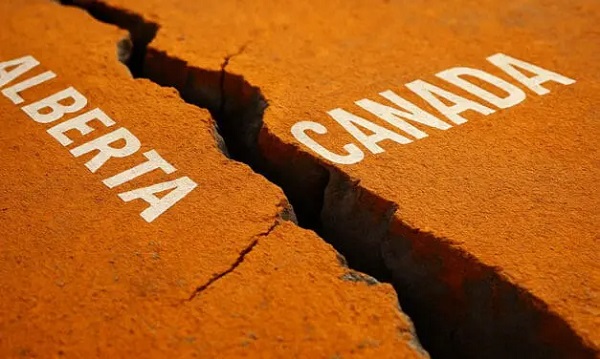
 Alberta10 hours ago
Alberta10 hours agoHow Trump and Alberta might just save Canada
-

 Business9 hours ago
Business9 hours agoThe Liberals Finally Show Up to Work in 2025
-
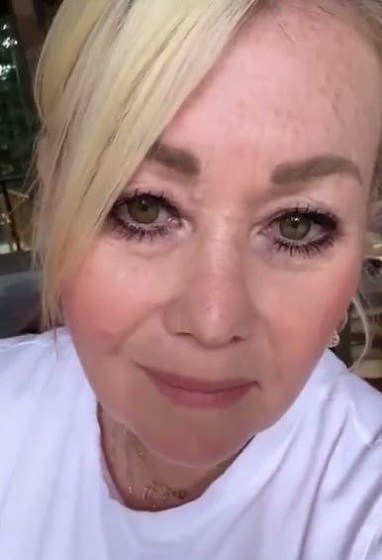
 Alberta8 hours ago
Alberta8 hours agoJann Arden’s Rant Will Only Fuel Alberta’s Separation Fire
-
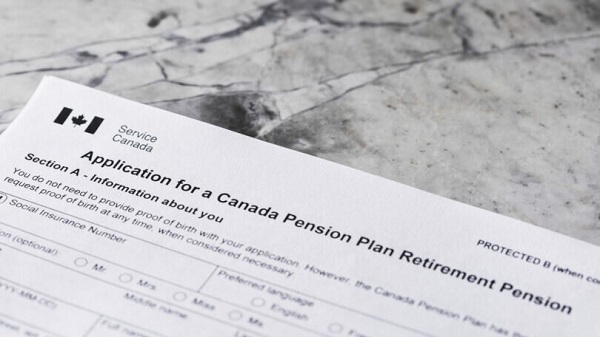
 Banks6 hours ago
Banks6 hours agoCanada Pension Plan becomes latest institution to drop carbon ‘net zero’ target
-
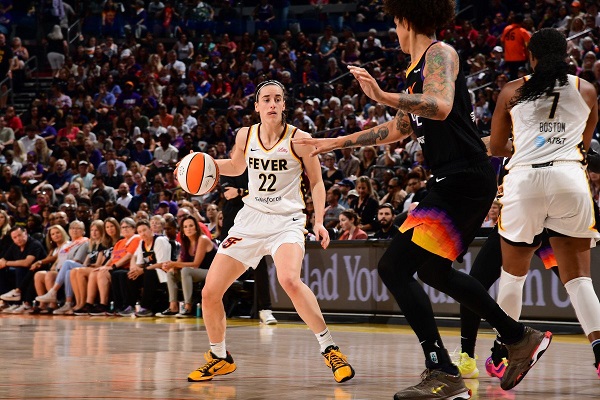
 Bruce Dowbiggin5 hours ago
Bruce Dowbiggin5 hours agoCaitlin Clark Has Been The Real Deal. So Her WNBA Rivals Hate Her
-
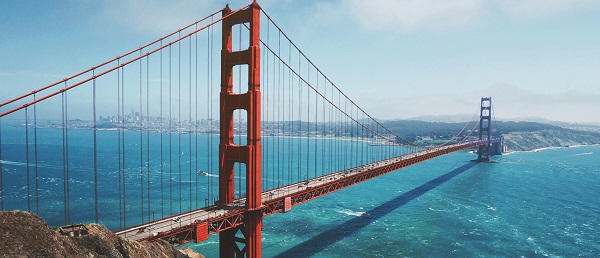
 Daily Caller7 hours ago
Daily Caller7 hours agoThere’s A Catch To California’s Rosy Population Stats
-

 espionage1 day ago
espionage1 day agoTrudeau Government Unlawfully Halted CSIS Foreign Operation, Endangering Officers and Damaging Canada’s Standing With Allies, Review Finds



